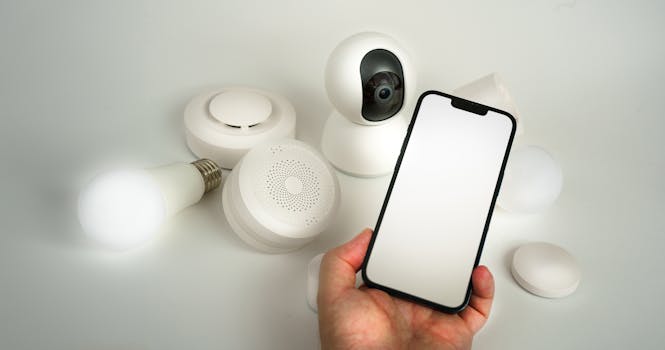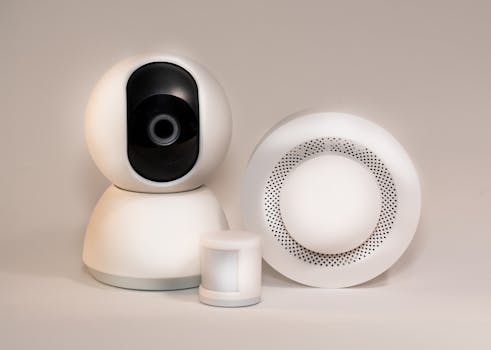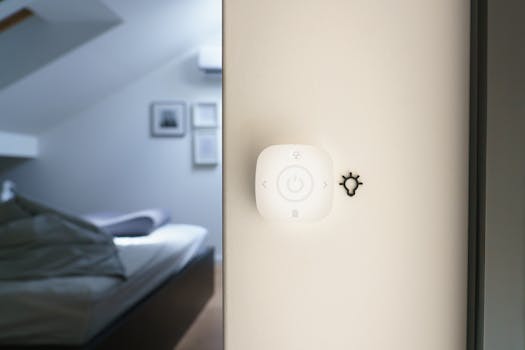Home Automation in 2025: The Smart Home Ecosystem
Home Automation in 2025: The Smart Home Ecosystem is revolutionizing the way we live, work, and interact with our living spaces. With the rapid advancement of the Internet of Things (IoT) and artificial intelligence (AI), home automation has become more sophisticated, efficient, and accessible. In this article, we will delve into the latest trends, technologies, and innovations that are shaping the smart home ecosystem.
What is Home Automation?

Home automation refers to the use of technology to control and monitor various aspects of a home, including lighting, temperature, security, entertainment, and appliances. The primary goal of home automation is to create a convenient, comfortable, and safe living environment that enhances the overall quality of life. With home automation, homeowners can control their home’s systems and appliances remotely, using smartphones, tablets, or voice commands.
Key Components of a Smart Home Ecosystem

A smart home ecosystem typically consists of several key components, including:
- Hub or Controller: The central unit that connects and controls all the smart devices in the home.
- Sensors and Detectors: Devices that detect and measure various parameters, such as temperature, humidity, motion, and light.
- Actuators and Effectors: Devices that perform specific actions, such as turning lights on/off, adjusting thermostat settings, or locking doors.
- Smart Devices and Appliances: Devices that can be controlled and monitored remotely, such as smart thermostats, security cameras, and door locks.
Latest Trends and Innovations in Home Automation

The home automation market is constantly evolving, with new trends and innovations emerging every year. Some of the latest developments include:
- Artificial Intelligence (AI) and Machine Learning (ML): AI and ML are being integrated into home automation systems to enable predictive maintenance, energy optimization, and personalized recommendations.
- Voice Control and Voice Assistants: Voice assistants, such as Amazon Alexa and Google Assistant, are becoming increasingly popular, allowing homeowners to control their smart devices using voice commands.
- Smart Home Security: Advanced security systems, including biometric authentication, facial recognition, and motion detection, are being integrated into smart homes to enhance safety and security.
- Energy Efficiency and Sustainability: Home automation systems are being designed to optimize energy consumption, reduce waste, and promote sustainable living.
Conclusion

In conclusion, Home Automation in 2025: The Smart Home Ecosystem is a rapidly evolving field that is transforming the way we live, work, and interact with our living spaces. With the latest trends and innovations, homeowners can create a convenient, comfortable, and safe living environment that enhances their overall quality of life. As the smart home ecosystem continues to grow and evolve, we can expect to see even more exciting developments and advancements in the years to come.


